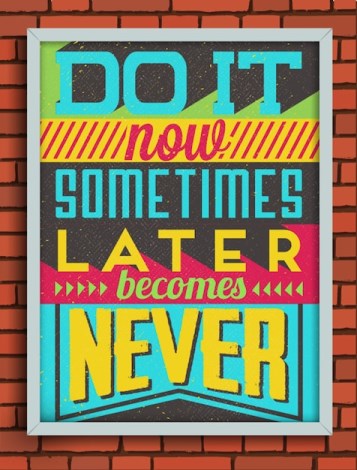

Block quotes are a way to highlight and emphasize important information.
They provide a visual distinction to draw attention to key points.
Block quotes are used to showcase direct quotations from another source.
They help to give credit and acknowledge the original author of the quote.
Block quotes can add credibility and support to your own writing.
They are commonly used in academic papers and research articles.
Block quotes allow readers to see the exact wording of a source.
They can provide context and evidence to strengthen your argument.
Block quotes are typically indented from the main text.
They can be formatted differently, such as with italics or a different font style.
Block quotes can be short or long, depending on the relevance and significance of the quote.
They help to create visual interest and break up the text.
Block quotes are a stylistic choice that can enhance the overall design of a document.
They showcase the language and tone used by the original author.
Block quotes are useful for presenting interviews or conversations.
They allow readers to experience the original source material firsthand.
Block quotes can help you delve deeper into a specific topic or argument.
They demonstrate your engagement with other scholarly works.
Block quotes can be used to provide a counterargument or opposing viewpoint.
They emphasize the importance of a specific passage or idea.
Block quotes can inspire further exploration and research.
They serve as a visual cue for readers to pay attention to particular text.
Block quotes add sophistication and professionalism to your writing.
They are a way to incorporate the voices of others into your work.
Block quotes give weight and authority to the ideas being presented.
They enable you to share powerful and memorable statements with your audience.
Block quotes highlight the poetic or literary qualities of a text.
They demonstrate the significance of historical or primary sources.
Block quotes allow you to analyze and dissect the language used by an author.
They help you avoid misquoting or misrepresenting someone’s words.
Block quotes can be a starting point for a deeper discussion or analysis.
They provide evidence for your claims and assertions.
Block quotes can be used to add depth and nuance to your arguments.
They help to break up long sections of text and maintain reader interest.
Block quotes are a way to pay homage to influential authors or thinkers.
They demonstrate your ability to incorporate outside sources effectively.
Block quotes establish a rhythm and flow within your writing.
They showcase your ability to select and use relevant quotes.
Block quotes can be used to provoke thought and reflection.
They enable you to explore different perspectives and viewpoints.
Block quotes engage the reader’s attention and encourage further reading.
They provide a pause in the narrative, allowing for reflection and digestion of information.
Block quotes can inspire your own creative thinking and writing.
They convey a sense of authority and expertise on a subject matter.
Block quotes allow you to infuse your writing with the wisdom and insights of others.
Around the world, coffee enthusiasts enjoy Monin coffee concentrate since it is a multipurpose product. Conveniently combining…
The Importance of Choosing the Right Shower for Your Bathroom Renovating your bathroom can be…
Usain Bolt holds the record for the fastest 100-meter sprint in history.Bolt was named Sportsman…
Love is in the air... and it smells suspiciously like chocolate!Roses are red, violets are…
Life's a beach, take a picture and relax.Sun, sand, and salty kisses. That's what beach…
Hungary is home to the largest thermal water cave system in the world.The Rubik's Cube…